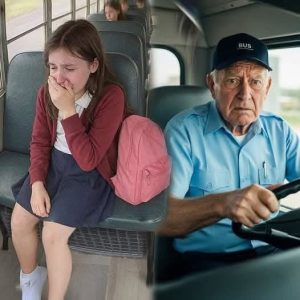The volunteer told me her story: her owner had passed away. She’d watched every other dog in the shelter leave, one by one, while she stayed. They’d almost stopped posting her profile.
I didn’t walk away. I sat down beside her kennel. And for the first time in weeks, the silence didn’t feel so crushing.
So I asked softly, “What if we both got a second chance?”
And right then—she lifted her paw and pressed it against the bars.
I didn’t adopt her that day. Not because I didn’t want to—but because I wasn’t sure I could handle it. My own life already felt fragile, like it could collapse at any second. Taking on a senior dog seemed reckless.
But I couldn’t shake her face. All night, her big, weary eyes stayed with me. By morning, I convinced myself I’d just visit again—bring treats, maybe a blanket. Nothing permanent.
The next day, when I walked in, the shelter manager met me with a strained smile. “Ginger isn’t doing well. She stopped eating yesterday. Sometimes… after so long, they lose their will.”
Those words hit like a punch. “Too long” sounded so unfair. This dog had given everything to someone once. She hadn’t asked to be left behind. And now she was slipping away because nobody had chosen her.
Before I could talk myself out of it, I signed the adoption papers.
Bringing Ginger home was both harder and easier than I’d expected. Harder because she was grieving—waiting at the window like she expected someone else to walk through the door.
Easier because caring for her forced me to care for myself too. Feeding her meant cooking real meals instead of skipping dinner. Walking her pulled me out of my apartment and away from endless job listings and replayed memories.
One evening, while we walked, a neighbor smiled. “She’s lovely. Yours?”
“She is now,” I said, scratching her ears.
“Well, she suits you.”
Her words stuck. Did Ginger suit me? Or did I suit her? Either way, it was the first time in a long while I felt proud of something in my life.





